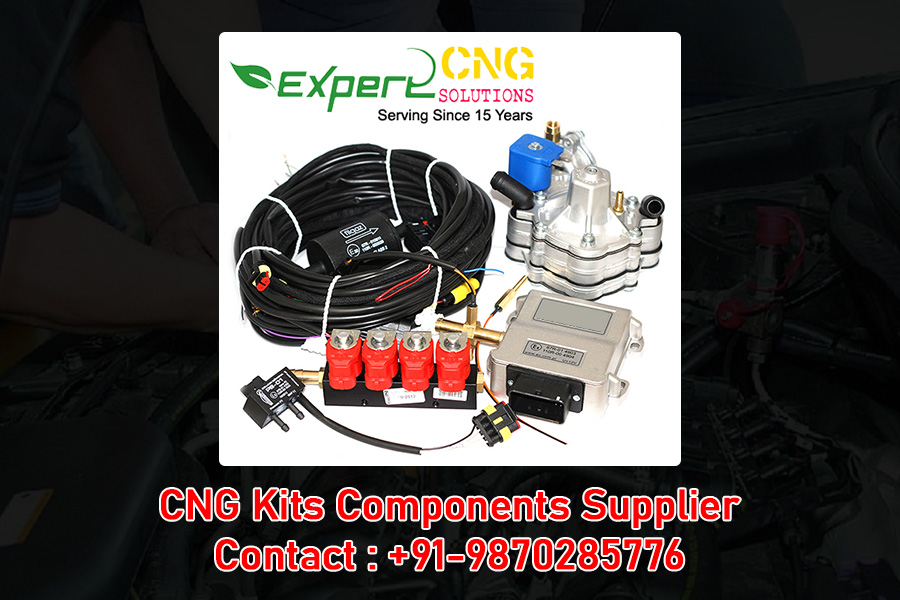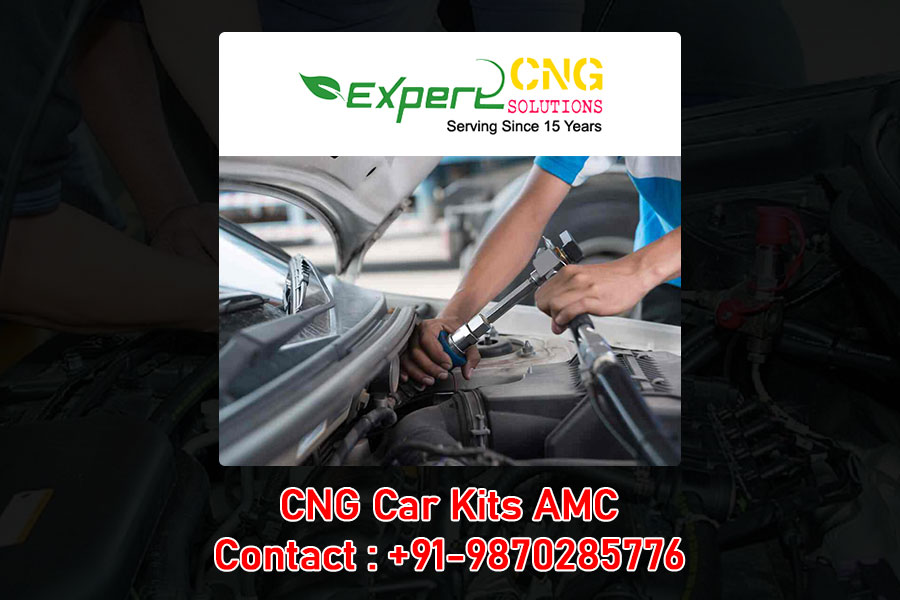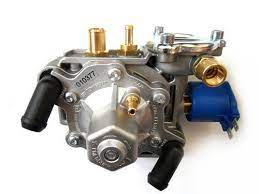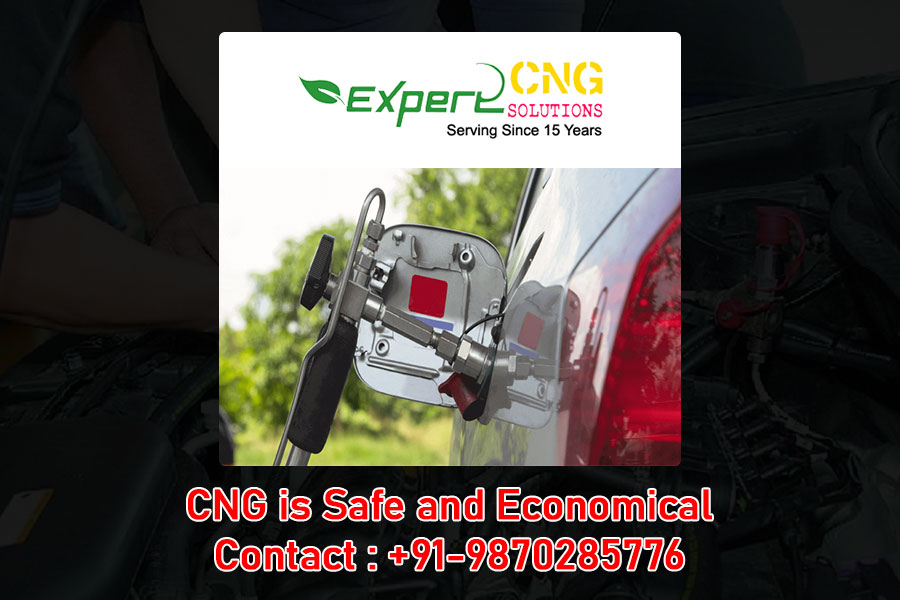
Q.1) What is CNG?
Ans. CNG stands for compressed natural gas. It is gaseous fuel and is a mixture of hydrocarbons mainly Methane. For use in Automobiles as fuel, it is compressed to a pressure of 200-250 Kg/cm2 to enhance the vehicle on-board storage capacity.
Q.2. Is CNG safe?
Ans. Yes, it is safe. The properties of CNG make it a safe fuel. It is lighter than air, so in case of a leak it just rises up and disperses into the atmosphere. Besides, a high auto-ignition temperature of 540 degrees centigrade as against petrol at 360 degrees centigrade, makes it a safe fuel. Also, in case of a leak, if CNG concentration in the air is less than 5% and more than 15%, the gas will not burn even in the presence of a spark.
Q. 3. What is involved in converting a vehicle to a CNG-friendly one?
Ans. All spark-ignited engines can be converted to CNG, but a specially designed conversion kit is required for the purpose. The kit consists of a cylinder to be fixed in the boot of the car and other equipment to allow gas flow into the engine.
Q. 4. Can a car, fitted with CNG conversion kit, run on Petrol after its CNG gets over?
Ans. Yes, after conversion to CNG the vehicle can run on petrol whenever desired simply by flicking a switch on the dashboard.
Q. 5. What is the cost of converting a vehicle to a CNG-friendly one?
Ans. The cost of converting a vehicle to CNG depends on its type and make. For further details Click Here
Q. 6. What are the dimensions and weight of a CNG cylinder?
Ans. CNG cylinders are manufactured from a special steel alloy and are seamless in construction. Their compact size allows them to easily fit even in a small car. An empty CNG cylinder with a 50 litre-water-carrying capacity weighs 48 kg, with a length of 835 mm and a diameter of 316 mm. The 50-litre capacity cylinder is the one most regularly used; cylinders with 45 litres, 55 litres, 60 litres and 65-litre capacity are used as well.
Q. 7. What is the capacity of a cylinder, and mileage from one fill? How does one get to know the quantity of CNG left in the cylinder?
Ans. Undercity road conditions and may vary from vehicle to vehicle and driving habits.
Q. 8. What is the pressure of CNG in a cylinder? Is refuelling of a cylinder safe, given the pressure?
Ans. CNG cylinders are designed and built in such a way so as to withstand high pressure. The maximum pressure in a CNG cylinder is up to 200 kg/cm2 (g) (about 2840 pounds per square inch (gauge) or psi[g]). CNG cylinders are safe as they are manufactured as per specific requirements and tested before use, in accordance with international specifications and standards and they are duly approved by the Chief Controller of Explosives. Moreover, these have been provided with a safety burst disc such that in case of inadvertent high-pressure/high temperature at the time of filing or at any other time, this disc is ruptured and pressure released.
Q. 9. How much will be the saving after conversion to CNG?
Ans. The fuel bill on the basis of average running of vehicle is reduced by 50 percent approximately after conversion of CNG at the present price of CNG & Petrol in Delhi.
Q. 10. Does CNG kit require servicing?
Ans. CNG kit is safe and simple. It gives years of trouble-free operation. It does not require frequent servicing. Just as for all other fuels, it is advised to have routine services. An authorized person should be consulted for service. As per Gas Cylinder Rules, 1981, the cylinder should under go hydro-stretch testing every 5 years to check pressure tolerance.














